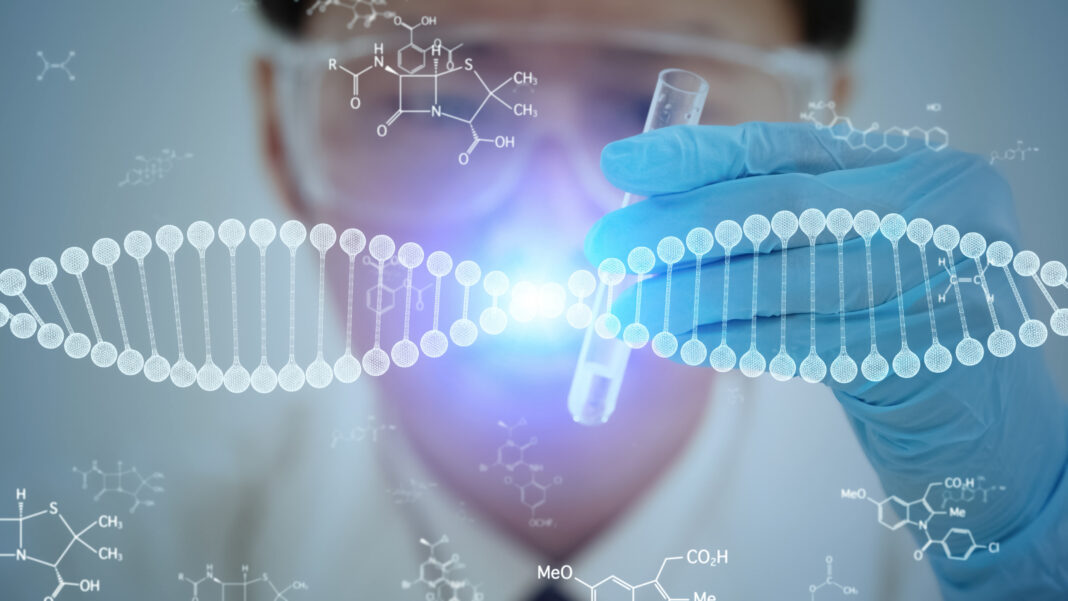A Swedish bioanalytical services company is poised to open a Good Laboratory Practice-compliant laboratory for gene and cell therapies. TATAA Biocenter says the new facility will be among the first in the world to specialize in quality control (QC) analytics for nucleic acid-based therapies. To meet the sensitivities required for molecular analysis, the new 2,000m2 facility has custom-built laboratory spaces.
A new TATAA Biocenter Good Laboratory Practice-compliant lab for gene and cell therapies will be offering novel methods for quality control of gene and cell therapeutics, and these are based on qPCR, digital PCR, and next-generation sequencing, according to Mikael Kubista, PhD, CEO, and Founder of the TATAA Biocenter, who adds that gene and cell therapies need more sensitive analytical methods than traditional therapies, because a single molecule of contamination can pose a danger to patients.
“We’re the first lab doing exactly this, because it’s our core competence,” he says. “And what’s happening in parallel is that established labs and contract research organizations are also setting up these assays, but typically they don’t meet the sensitivities required for molecular analysis.”
Tracing samples throughout the analytical process
TATAA’s analytical assays are already ISO-IEC 17025:2017 accredited. The new GLP accreditation means they’ve also implemented systems for tracing samples throughout the analytical process, Kubista explains.
To meet the sensitivities required for molecular analysis, he points out that the new 2,000m2 facility has custom-built laboratory spaces. These are pressure controlled to ensure that air can only flow one way–preventing DNA contamination.
“One of the most important things for a lab doing nucleic acids analysis is that you have totally separate areas where you work with raw materials from those where you’re preparing or doing analyses,” says Kubista.
The new laboratory will design and validate custom assays for clients developing advanced therapy medicinal products. As well as offering regulated bioanalytical testing services, assay development and technical support for smaller clients, they also offer hands-on training followed by tech transfer, he says, as well as ongoing support to prevent contamination.
“What we’ve seen is that, when a client gets contamination in their lab, for whatever reason, they need to get support from an external body–because they don’t know where that contamination is,” he says.
The new laboratory is due to open on December 3rd.


